Bitter Gourd Side Effects: 7 Serious Risks To Know
Besides its unappetizing taste, there are many reasons why overeating this gourd is bad for you.
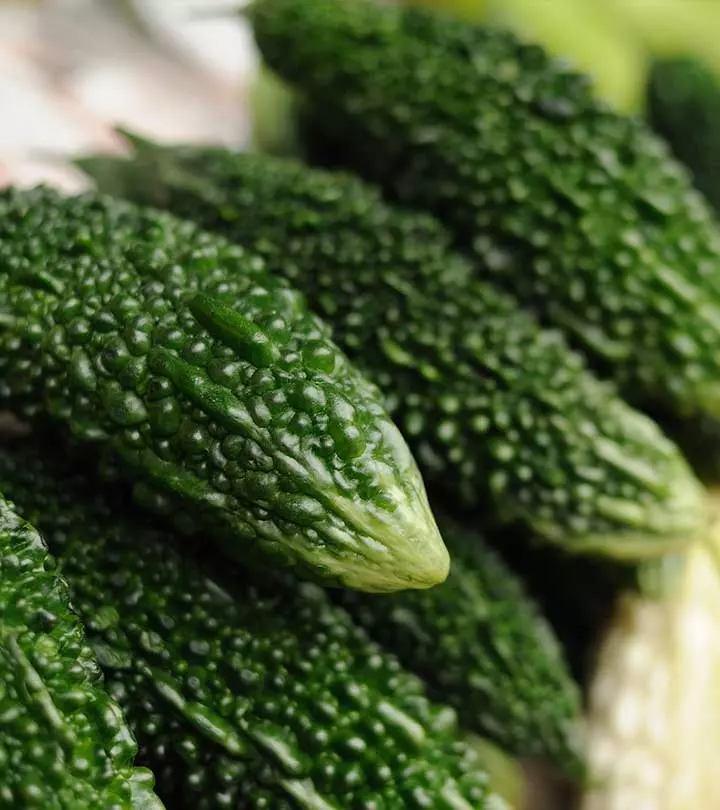
Image: ShutterStock
Several side effects of bitter gourd will make you think twice about consuming it. Bitter gourd is a vine that is also known as bitter melon. It is one of the oldest herbal medicines, and most people use this vegetable to combat high blood sugar levels.
However, long-term consumption of bitter gourd can have negative health effects. For example, excessive consumption of bitter gourd is associated with miscarriage, liver inflammation, and irregular heartbeat.
This article examines the side effects of bitter gourd, its safety, and any potential drug interactions. Read on.
 Know The Flip Side: Bitter Gourd
Know The Flip Side: Bitter GourdShort-Term Effects
Vomiting and diarrhea.
Long-Term Effects
May cause harm to a growing fetus, increase the chances of a miscarriage, and lead to atherosclerosis and heart arrhythmia.
Drug Interactions
May interact with anti-diabetic drugs and lower blood glucose levels.
When To See A Doctor
If you experience irregular heart rate, severe vomiting, diarrhea, or severe hypoglycemia, it is time to see a doctor.
In This Article
Side Effects Of Bitter Gourd
1. May Stimulate Miscarriage
Bitter gourd may have emmenagogue (an increase of menstrual flow) and abortifacient effects if taken in excess (1).
It may also trigger contractions. Lactating women are not recommended to take bitter gourds in excess amounts. However, there is less scientific research available in this regard. Hence, it is best to consult a doctor.
 Quick Tip
Quick Tip2. May Interfere With Drugs

Combining bitter gourd with standard drugs may lower blood sugar levels way too much. This may lead to dangerously low blood sugar levels (2).
Individuals with diabetes, who are under medication, should consult their doctors before consuming bitter gourd.
3. May Affect The Liver

The intake of bitter gourd for extended periods may lead to liver inflammation. This could be attributed to certain compounds in the vegetable, called monorcharins. Excess intake of the gourd had caused liver issues in rats (3).
Bitter gourd doesn’t directly cause liver damage. However, long-term use of bitter gourd may elevate liver enzymes and result in a condition called atherosclerosis (hardening of the arteries) (4). However, limited research is available to prove this claim.
4. May Cause Irregular Heart Rhythm

When the heart rhythm gets irregular, it leads to the pooling of the blood in one side of the heart. This can result in the platelets forming clots in the pool, thereby causing a stroke or heart attack (5).
In a study, a 22-year-old male without any heart rhythm irregularities developed related symptoms when he drank half a cup of bitter gourd juice (6).
Overconsumption of bitter gourd may lead to low blood pressure and cause palpitations and weakness (6), (7).
5. May Cause Vomiting And Diarrhea

Bitter gourd may cause vomiting and diarrhea due to its toxicity. Bitter gourd contains tetracyclic triterpenoid compounds known as cucurbitacins, which are toxic and may cause nausea and abdominal pain (7). In mice studies, excess consumption of the bitter gourd in the juice form was found to lead to toxicity (8).
6. May Cause Hypoglycemic Coma
Hypoglycemic coma is a form of coma caused due to excessive doses of injected insulin. This might lead to a severe decrease in blood sugar levels (hypoglycemia). Low blood sugar levels may cause numbness, tingling, seizures, headache, dizziness, muscle weakness, and tiredness (9).
There are case reports that suggest the onset of hypoglycemic coma and the start of atrial fibrillation (abnormal heart rhythm) with the intake of bitter gourd (10).
 Trivia
Trivia7. May Cause Kidney Problems

Excess consumption of bitter gourd, though might not cause kidney damage, may alter kidney functions. Mice studies show that the administration of bitter melon up to 4000 mg/kg is considered to be safe, and it didn’t show any effect on mice kidney function. Intake of excess bitter gourd (more than the recommended dosage) may cause kidney problems (11). However, more studies are required to understand its effect on humans.
The bitter gourd may also have allergic reactions in some people. It can cause hives, swelling, or trouble breathing. However, much research is needed in this regard. If you know you are allergic to something, talk to a doctor before eating bitter gourd.
Key Takeaways
- Bitter gourd may interfere with the body’s normal blood sugar levels, causing them to decrease to a dangerously low level.
- It contains some toxic contents that may lead to diarrhea and vomiting.
- Bitter gourd may cause some ill effects on the kidney if consumed in large quantities.
- Bitter gourd has the potential of causing miscarriage in pregnant women.
Infographic: Most Serious Side Effects Of Bitter Gourd
Bitter gourds are one of the healthiest vegetables you can add to your diet. However, they can also cause some side effects if consumed in excess. We focus on the most serious ones in the infographic below.
Some thing wrong with infographic shortcode. please verify shortcode syntax
There are many benefits of bitter gourd such as aiding weight loss and promoting liver health. However, excess intake of this vegetable for prolonged periods can cause various side effects. One of the major side effects of bitter gourd is miscarriage. It may also interact with certain drugs and lower blood sugar levels way too much. In addition, the mono chains in bitter gourd may trigger liver inflammation. The veggie may also cause irregular heart rhythm, vomiting, diarrhea, and in rare cases, kidney issues and hypoglycemic coma. Hence, long-term excess consumption should be avoided. But do include this vegetable in moderate amounts to reap its benefits.
Frequently Asked Questions
What precautions should I take when consuming bitter gourd?
You should talk to a doctor if you are pregnant, breastfeeding, or taking medicine for diabetes. Also, be aware of the risk of allergic reactions. If you have any concerns, it is best to consult with a healthcare professional.
Can we drink bitter gourd juice daily?
Yes. Drinking bitter gourd juice daily is good for your health. However, people with diabetes should consult a doctor before consumption.
Can I drink bitter gourd juice at night?
The antioxidant properties of the bitter gourd flush out all toxins from the body and help in the detoxification of the liver (12). You may drink bitter gourd juice at night.
Does bitter gourd increase blood pressure?
No. Animal studies found that bitter gourd could help reduce blood pressure. It contains leptin which increases antioxidant and nitric oxide efficiency and lowers blood pressure (13).
Does bitter gourd reduce high cholesterol?
Yes, bitter gourd helps in lowering bad cholesterol and maintains good cholesterol, and improves heart health (14).
What should we not eat with bitter gourd?
Avoid consuming radishes with bitter gourd as it may cause acidity and phlegm. Also, avoid drinking milk after consuming bitter gourd as it may cause stomach-related problems.
Can we eat bitter gourd and egg together?
Yes, you may consume bitter gourd with eggs. You may eat scrambled eggs with bitter gourd juice, soup, and fry.
Who should not drink bitter gourd juice?
People with Glucose 6- phosphate deficiency (G6PD) should avoid drinking bitter gourd juice, as it may cause severe anemia. Also, bitter gourd juice is not recommended for pregnant or lactating women.
Illustration: What Are The Side Effects Of Eating Too Much Bitter Gourd?

Image: Stable Diffusion/StyleCraze Design Team
Uncover the potential side effects of consuming too much bitter gourd juice. Watch this informative video to learn about the precautions and potential risks associated with its excessive consumption.
References
Articles on StyleCraze are backed by verified information from peer-reviewed and academic research papers, reputed organizations, research institutions, and medical associations to ensure accuracy and relevance. Read our editorial policy to learn more.
- Forbidden Foods for Healthy Pregnancy, International Journal of Scientific Research and Reviews, ResearchGate.
https://www.researchgate.net/publication/328513110_Forbidden_Foods_for_Healthy_Pregnancy - Interactions between antidiabetic drugs and herbs: an overview of mechanisms of action and clinical implications, Diabetology & Metabolic Syndrome, US National Library of Medicine, National Institutes of Health.
https://www.ncbi.nlm.nih.gov/pmc/articles/PMC5527439/ - The study of hepatotoxicity effect of Momordica charantia on rat’s liver, Biochemistry and Analytical Biochemistry.
https://www.walshmedicalmedia.com/proceedings/the-study-of-hepatotoxicity-effect-of-momordica-charantia-on-rat-s-liver-33858.html - Lipid lowering effects of Momordica charantia (Bitter Melon) in HIV-1-protease inhibitor-treated human hepatoma cells, HepG2, British Journal of Pharmacology, US National Library of Medicine, National Institutes of Health.
https://www.ncbi.nlm.nih.gov/pmc/articles/PMC1752016/ - Atrial fibrillation, US National Library of Medicine, National Institutes of Health.
https://www.ncbi.nlm.nih.gov/books/NBK464171/ - A case of atrial fibrillation due to Momordica charantia (bitter melon), Annals of Saudi Medicine, US National Library of Medicine, National Institutes of Health.
https://www.ncbi.nlm.nih.gov/pmc/articles/PMC2850191/ - Gastrointestinal toxicity due to bitter bottle gourd (Lagenaria siceraria)─a report of 15 cases Indian Journal of Gastroenterology Research Gate
https://www.researchgate.net/publication/51706455_Gastrointestinal_toxicity_due_to_bitter_bottle_gourd_Lagenaria_sicerariaa_report_of_15_cases - Bottle gourd (Lagenaria siceraria) juice poisoning World Journal of Emergency Medicine US National Library of Medicine National Institutes of Health.
https://www.ncbi.nlm.nih.gov/pmc/articles/PMC4677076/ - Hypoglycemia: The neglected complication PubMed ResearchGate
https://www.researchgate.net/publication/257251455_Hypoglycemia_The_neglected_complication - Bitter Melon (Momordica Charantia): A Review of Efficacy and Safety American-Journal of Health-System Pharmacy US National Library of Medicine National Institutes of Health.
https://pubmed.ncbi.nlm.nih.gov/12625217/ - Impact of Momordica Charantia Extract on Kidney Function and Structure in Mice Journal of Nephropathology US National Library of Medicine National Institutes of Health.
https://pubmed.ncbi.nlm.nih.gov/24644542/ - Protective effect of Momordica charantia water extract against liver injury in restraint-stressed mice and the underlying mechanism Food and Nutrition Research US National Library of Medicine National Institutes of Health.
https://www.ncbi.nlm.nih.gov/pmc/articles/PMC5510204/ - Effect of Momordica charantia fruit extract on vascular complication in type 1 diabetic rats EXCLI Journal US National Library of Medicine National Institutes of Health.
https://www.ncbi.nlm.nih.gov/pmc/articles/PMC4553902/ - Effect of Bitter Melon Extracts on Lipid Levels in Japanese Subjects: A Randomized Controlled Study Evid Based Complement Alternat Med Journal US National Library of Medicine National Institutes of Health.
https://www.ncbi.nlm.nih.gov/pmc/articles/PMC6250023/
Read full bio of Shivani Sikri
Read full bio of Sindhu Koganti
Read full bio of Ravi Teja Tadimalla
Read full bio of Aparna Mallampalli














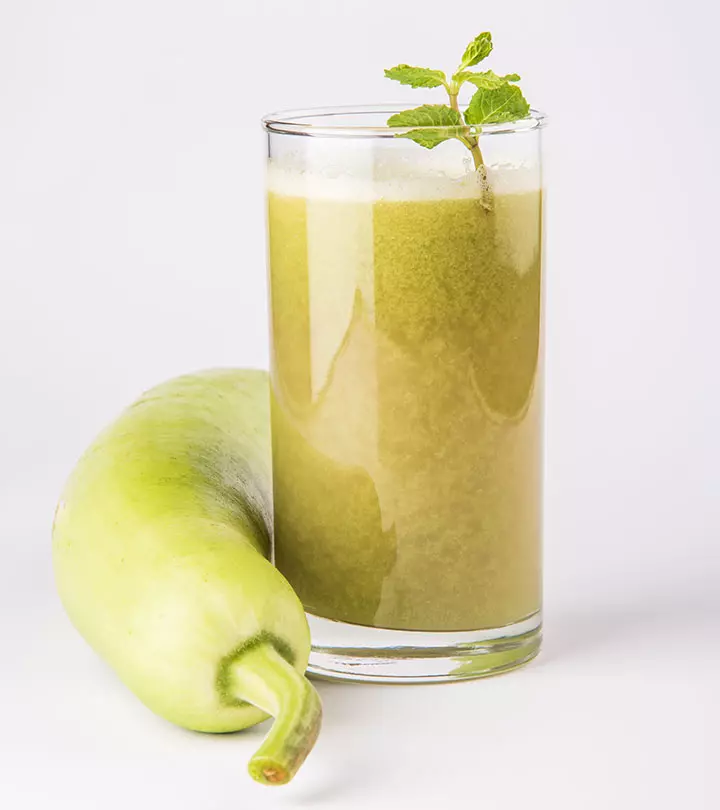


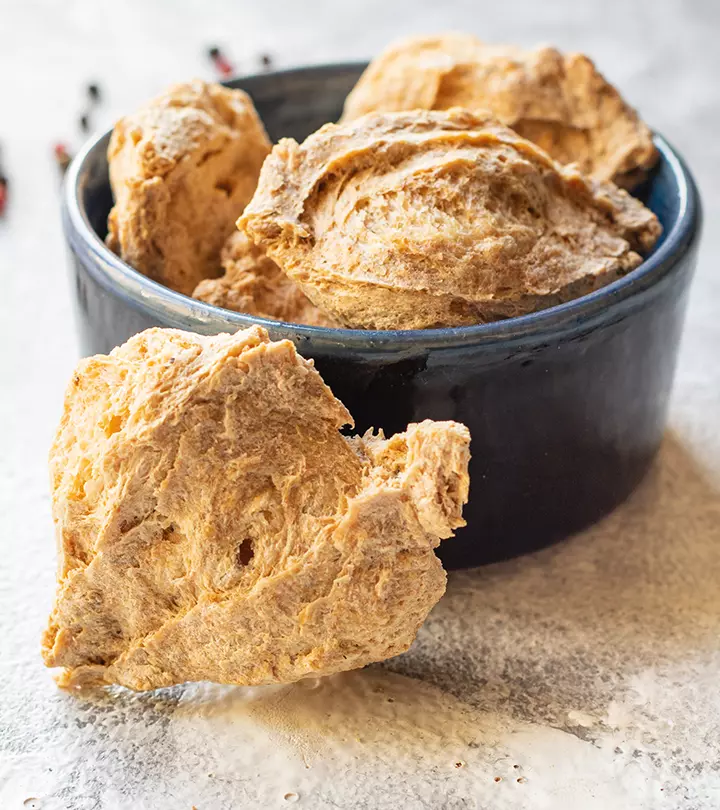

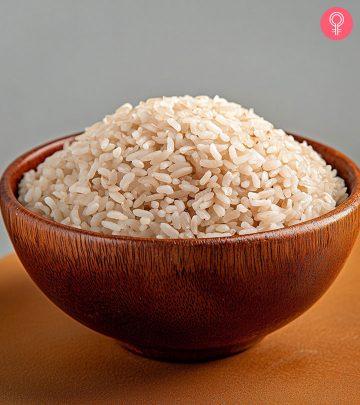
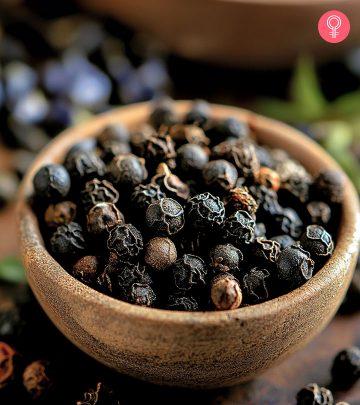





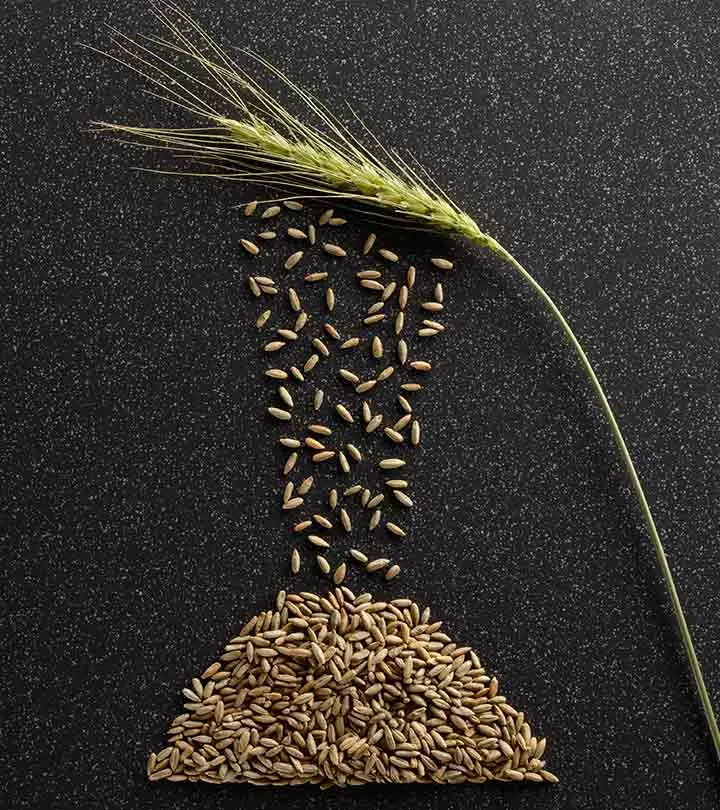
Community Experiences
Join the conversation and become a part of our empowering community! Share your stories, experiences, and insights to connect with other beauty, lifestyle, and health enthusiasts.